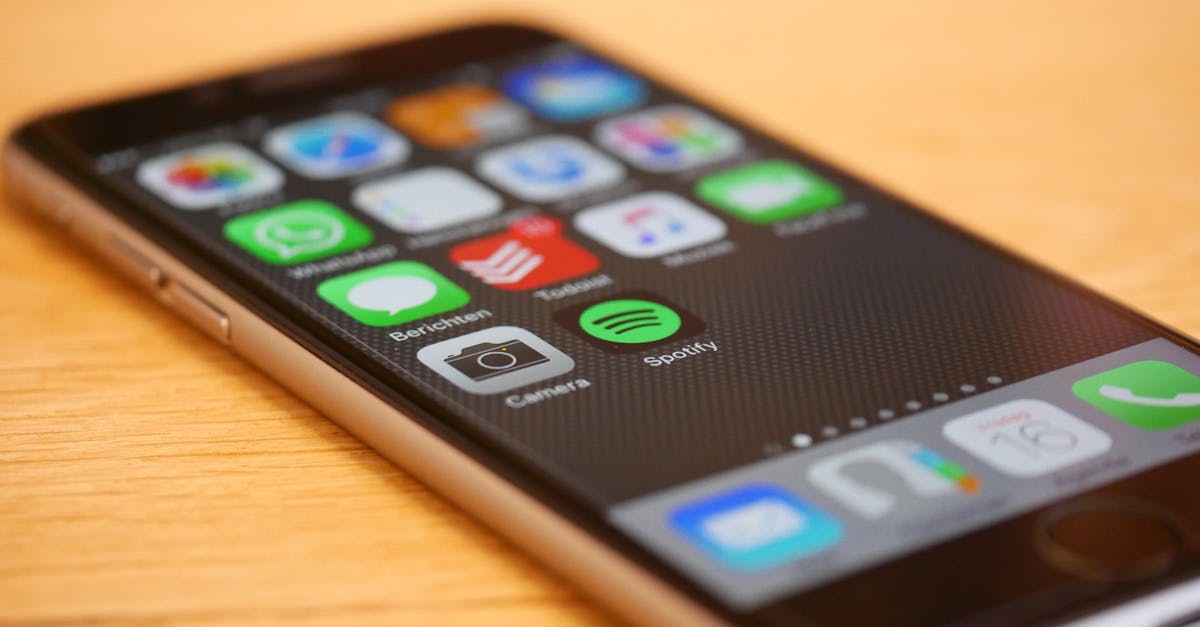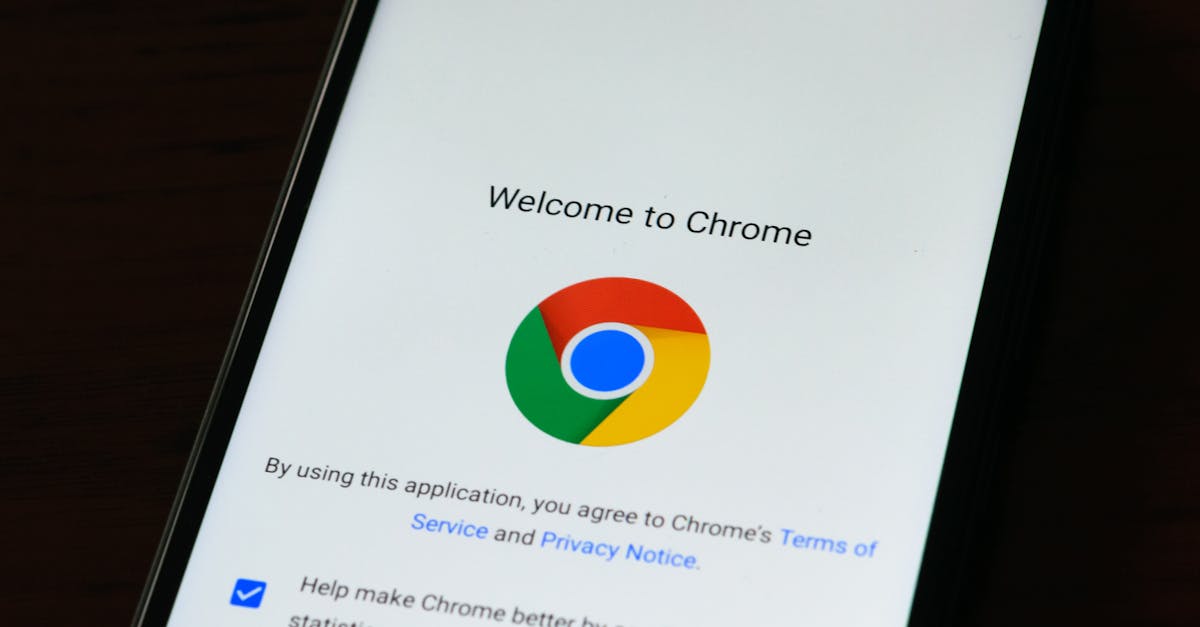Understanding Daily Mobile Bytes 2024
Introduction to Mobile Data Usage
In 2024, the landscape of mobile data consumption continues to evolve, characterized by exponential growth and technological advancements. With smartphone penetration exceeding global expectations, people rely on their devices for everything from communication to entertainment. The term 'Daily Mobile Bytes' encompasses the average data consumed by users daily through various activities such as browsing, streaming, and social networking. Examining these consumption patterns offers insights into not only individual habits but also broader trends shaping the digital economy. Amidst increasing reliance on mobile internet, understanding data usage is crucial for consumers, service providers, and regulatory bodies alike. This article delves into the factors driving mobile data consumption and what the future holds for users worldwide.
Advertisement
The Growth of Mobile Data Consumption
The surge in mobile data usage can be attributed to several technological and societal factors. Firstly, the proliferation of affordable smartphones has democratized internet access, allowing more individuals to consume online content readily. Additionally, the deployment of faster mobile networks, particularly 5G, has enabled seamless streaming and high-speed browsing, comforting users who wish to engage in data-intensive activities. Popular applications such as streaming services, cloud storage, and video conferencing apps have transformed the way users interact with data. These innovations have increased the demand for higher data plans, pushing telecom providers to adapt their services accordingly. As more individuals embrace digital lifestyles, the cumulative demand for daily mobile bytes continues to rise.
Advertisement
Impact of Streaming Services
Streaming services have revolutionized how people consume media, contributing significantly to daily mobile data consumption. Platforms like Netflix, Spotify, and YouTube consume a large share of mobile data, as users increasingly prefer on-the-go entertainment. The quality of streamable content has improved, with Ultra HD and 4K resolutions becoming more widely available, further driving data usage. Mobile gaming has also witnessed significant growth, with people indulging in online multiplayer games and esports, which require constant, high-speed data connections. While these trends enrich digital experiences, they also underscore the need for robust data management, both for consumers and service providers.
Advertisement
Social Media and Connectivity
Social media platforms are another major player in mobile data consumption. Applications such as Facebook, Instagram, and TikTok offer dynamic content that promotes longer engagement times and higher data usage. The introduction of video stories, live streaming, and augmented reality features are reshaping digital interactions, necessitating larger data plans. Messaging apps with multimedia sharing capabilities, like WhatsApp and Snapchat, also contribute to the daily byte count. As social media continues to integrate into everyday life, users must understand their data consumption habits to make informed decisions regarding their data plans.
Advertisement
The Role of Cloud-Based Services
Cloud-based services, providing both storage and computing power, have become a cornerstone of modern digital infrastructure. Individuals and businesses rely on apps like Google Drive, Dropbox, and iCloud to store, access, and share files remotely, steadily increasing data traffic. Streaming platforms such as Amazon Web Services or Microsoft Azure facilitate vast data exchanges, playing a pivotal role in powering the internet as we know it. Dependence on cloud storage is likely to escalate, particularly as more sophisticated digital tools emerge for personal and professional use. Cloud computing's role in data consumption will continue growing as technological innovations redefine how we interact online.
Advertisement
The Influence of Online Shopping
E-commerce has become a significant driver of mobile data usage, as consumers opt for the convenience of online shopping environments. Retailers continuously enhance their digital platforms for mobile users, ensuring quick and seamless transactions. Augmented reality and virtual try-on experiences provide users a more immersive shopping journey, often at the cost of higher data consumption. Flash sales, advertisements, and notifications also contribute to increased scrolling and browsing, leading to larger data plan needs. Consequently, understanding the impact of e-commerce on daily mobile bytes is essential for both consumers and data service providers aiming to cater to internet-savvy shoppers.
Advertisement
Balancing Data Privacy and Usage
With rising mobile data consumption comes growing concern over user privacy and data management. Many applications and services collect, process, and store massive amounts of personal information. Subsequently, ensuring data protection while delivering optimal digital experiences becomes crucial. Implementing transparent data policies, understanding privacy controls, and promoting user awareness about data sharing are imperative steps for maintaining digital trust. Consumers should be proactive in managing privacy settings, ensuring they are comfortable with how their data is used. As new privacy regulations emerge, telecoms and tech companies must adopt rigorous practices to protect consumer information.
Advertisement
Telecom Industry Adaptations
Telecommunications companies play a central role in supporting and capitalizing on the data consumption boom. They constantly adapt by offering competitive data plans tailored to diverse user needs. As demand shifts towards unlimited and data-rich plans, telecom companies face both opportunities and challenges in upgrading their network capacity. Developing strategic partnerships with content providers and investing in future technologies, such as Wi-Fi 6, will be vital in further expanding connectivity capabilities. Telecoms must remain agile, foresee potential network congestion, and uphold quality service standards to meet users' evolving expectations.
Advertisement
Prospects for the Future
The future of daily mobile bytes looks promising and ripe with potential. As emerging technologies such as artificial intelligence and the Internet of Things (IoT) gain traction, they are poised to reshape data usage patterns. Autonomous vehicles, smart homes, and wearable devices are on the verge of becoming mainstream, further increasing data consumption. Service providers will continuously innovate, employing breakthroughs like edge computing to cope with more substantial data exchanges. Furthermore, leveraging analytics for insights into customer behavior will empower companies to provide targeted and efficient services. As we move forward, the balance between connectivity, consumption, and sustainability will remain a critical focus.
Advertisement
Conclusion: Embracing Digital Evolution
In summary, understanding daily mobile bytes is essential in navigating the interconnected digital landscape of 2024. As mobile data usage grows, driven by advancements in technology and changing societal norms, consumers and service providers are called to adapt. By acknowledging trends in streaming, social media, cloud computing, and e-commerce, stakeholders can anticipate future demands. Ensuring data privacy and fostering transparent policies will further enhance digital trust. As the digital world continues to expand, so does the potential for innovation, setting the stage for an exciting and hyper-connected future.
Advertisement


